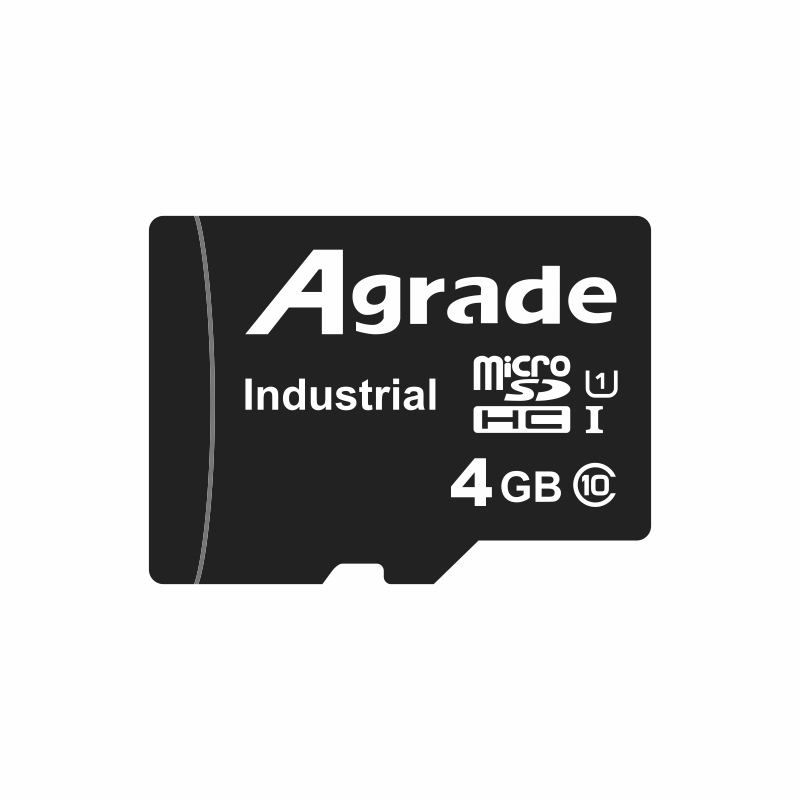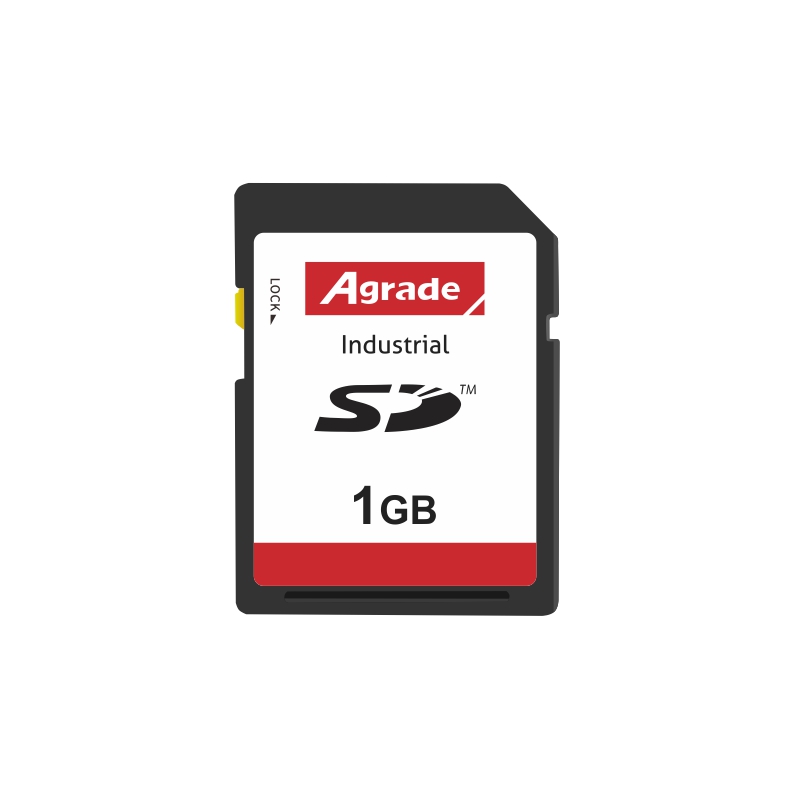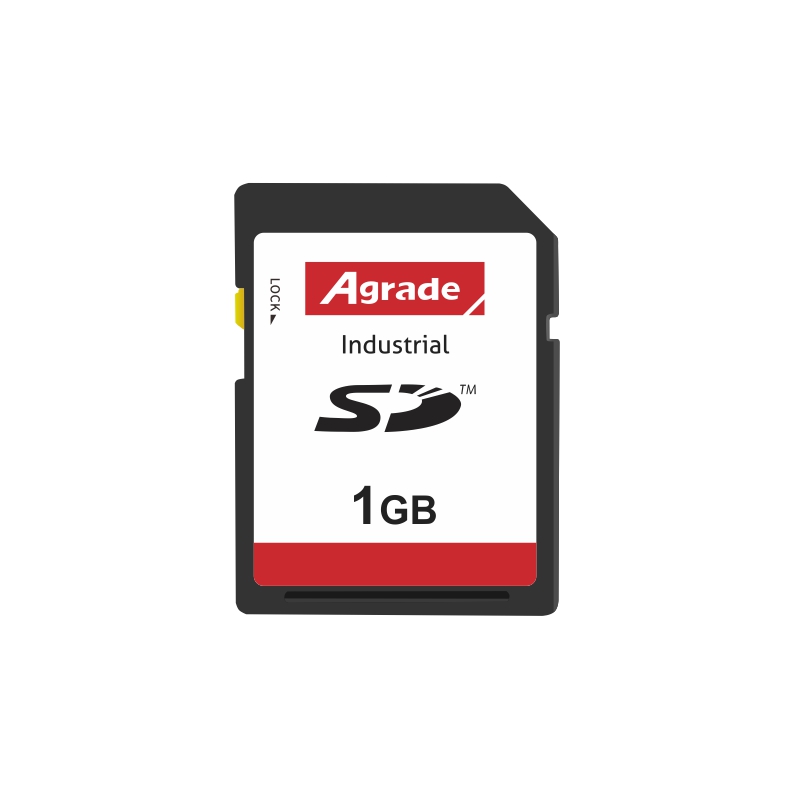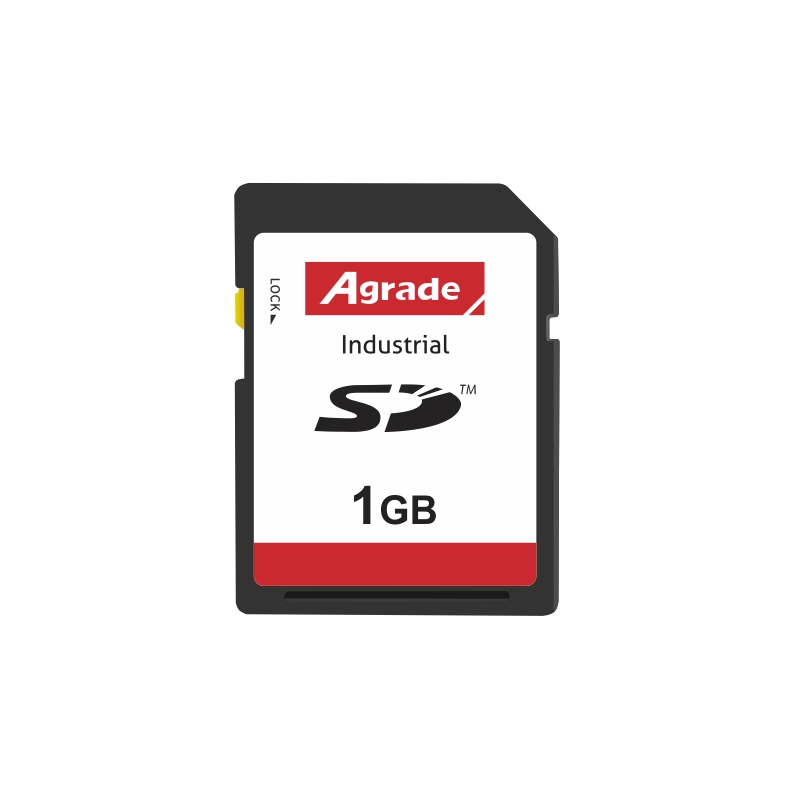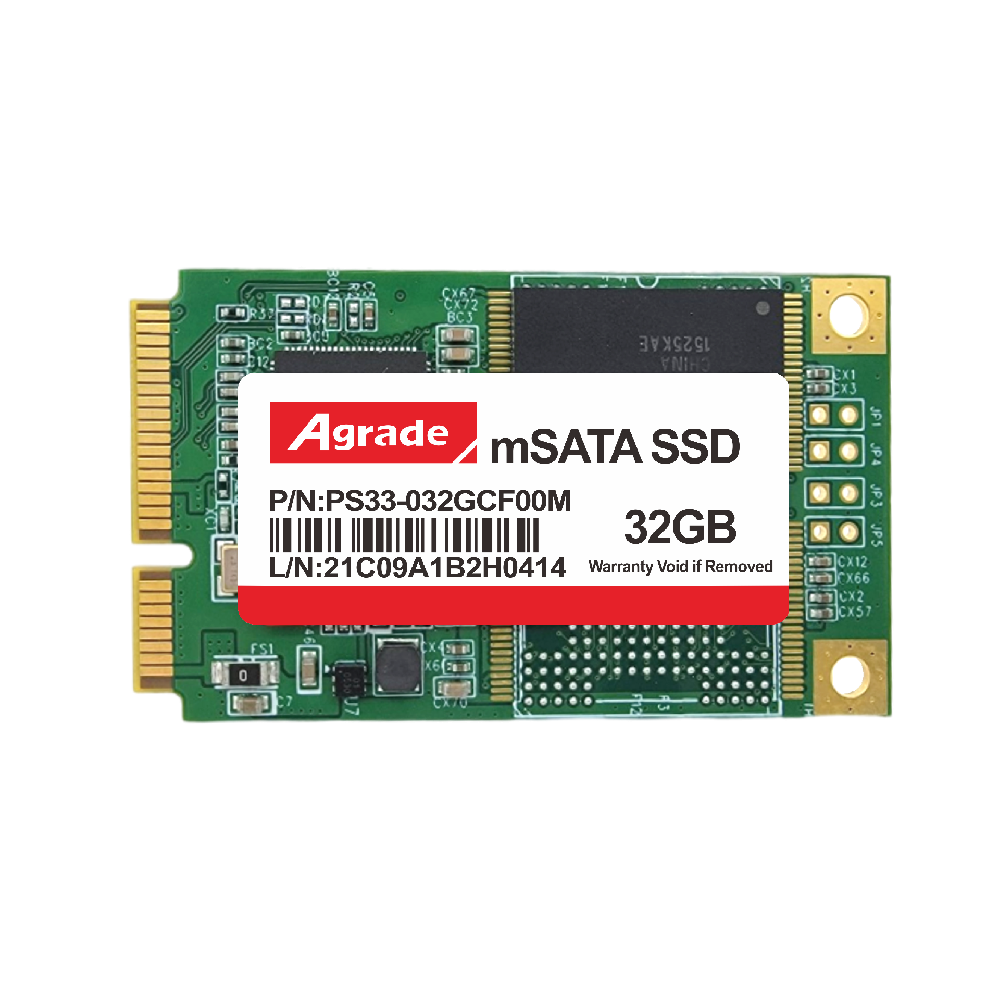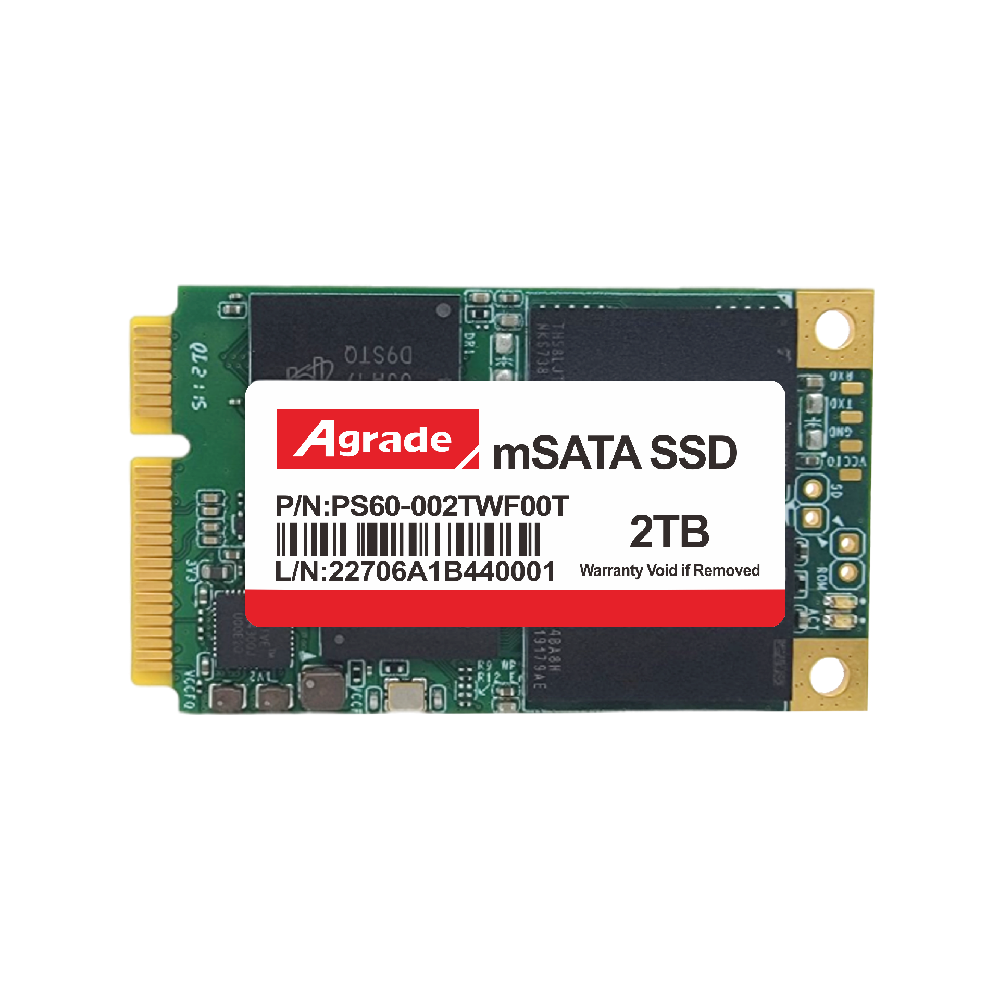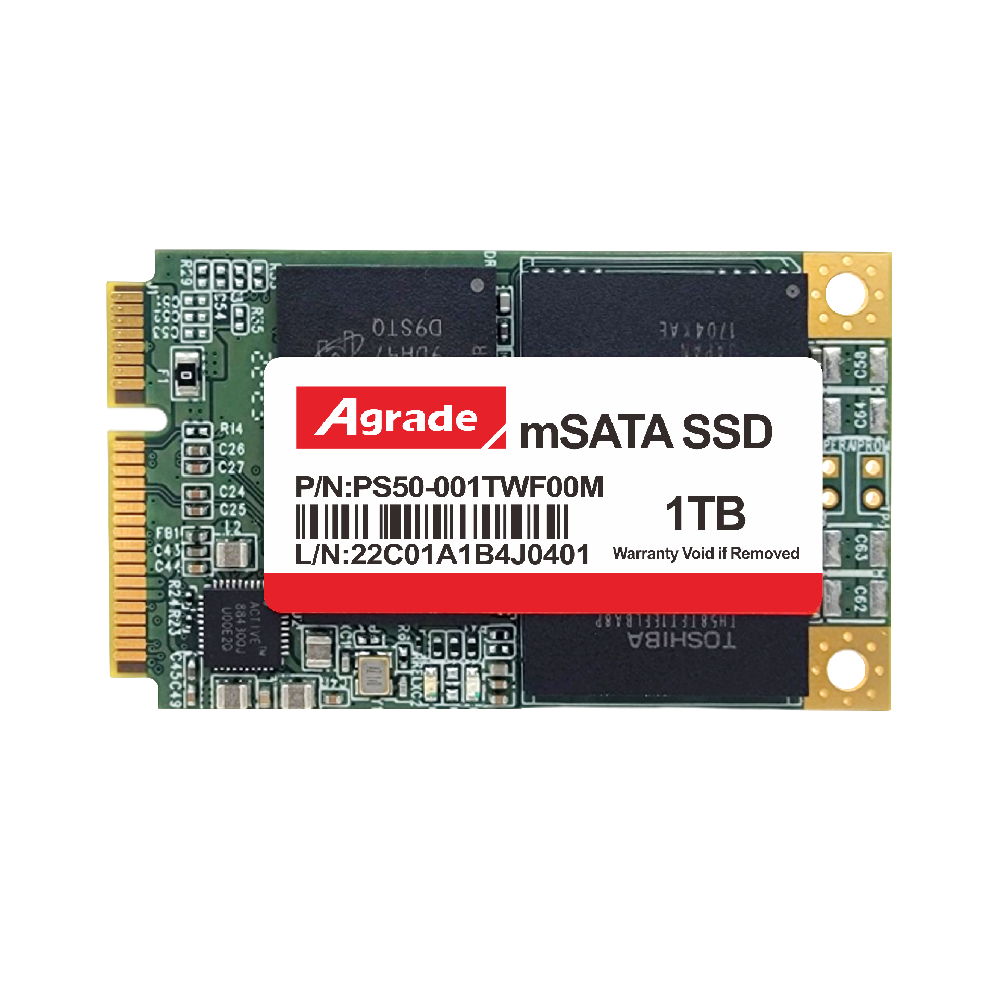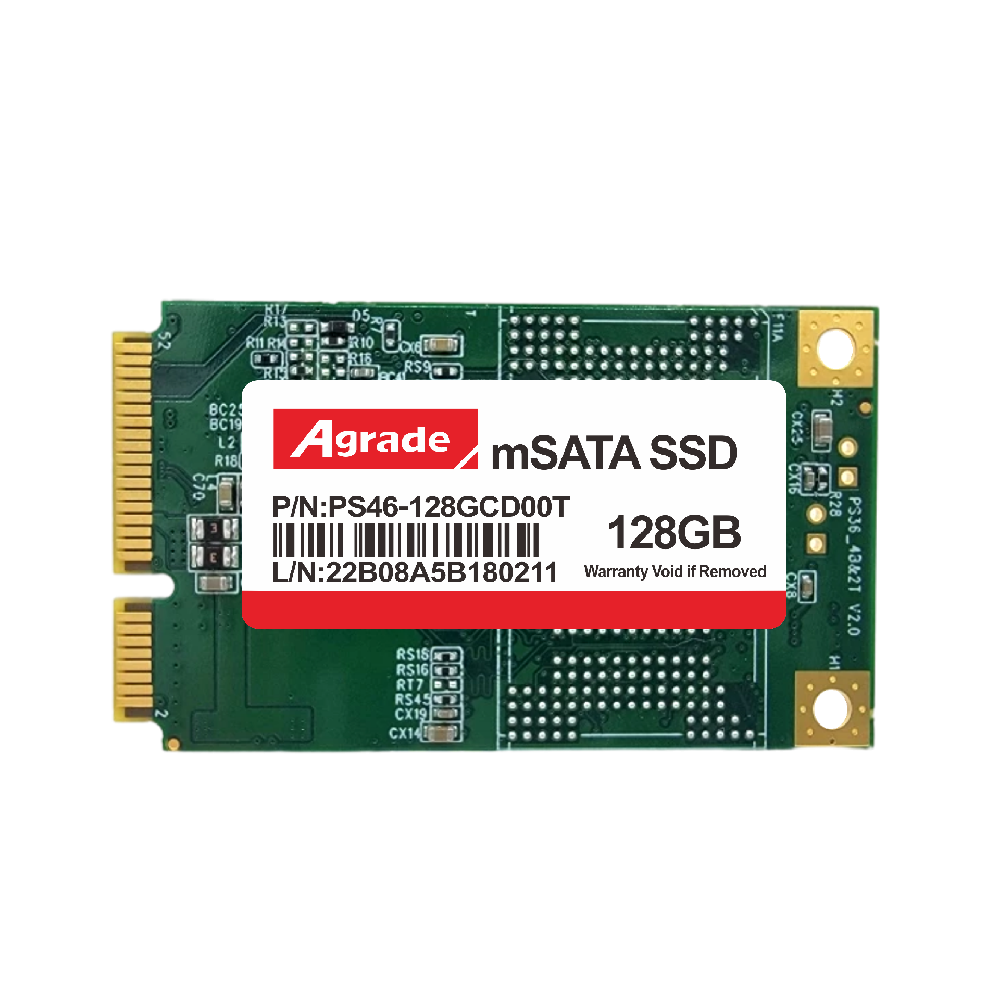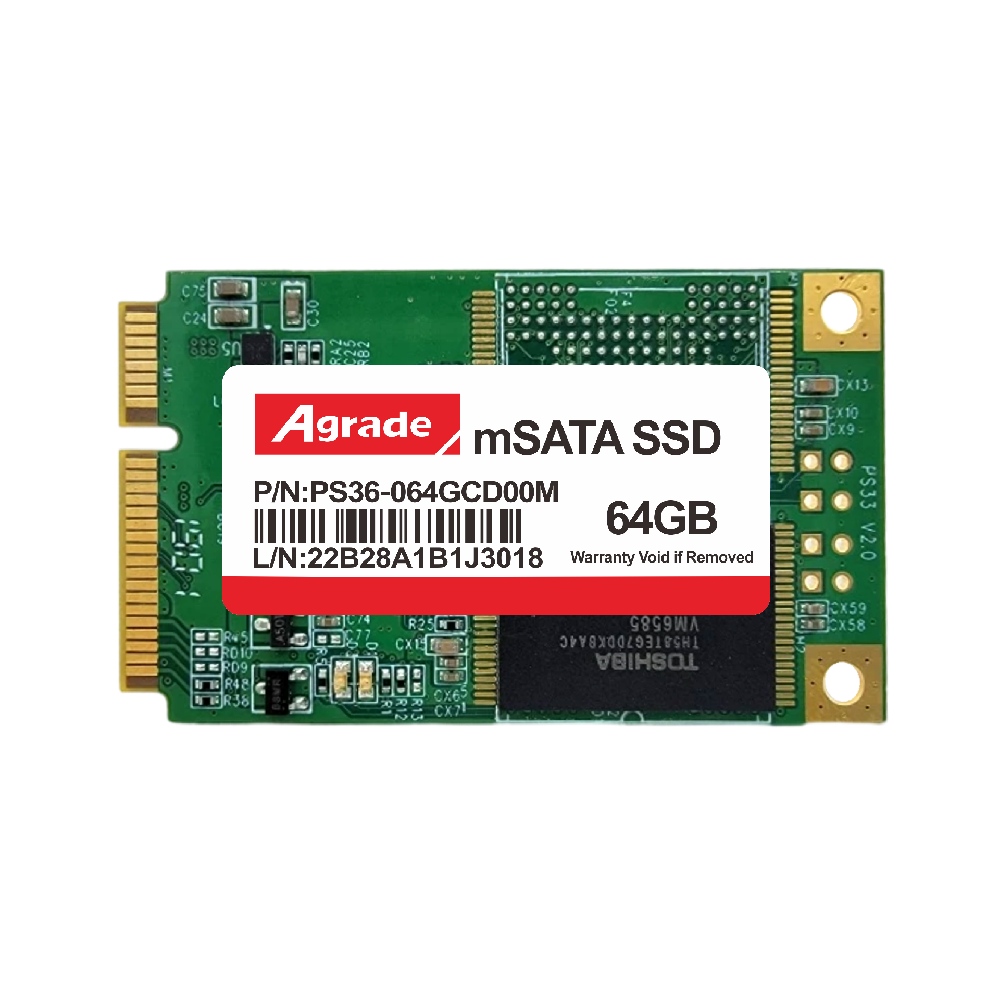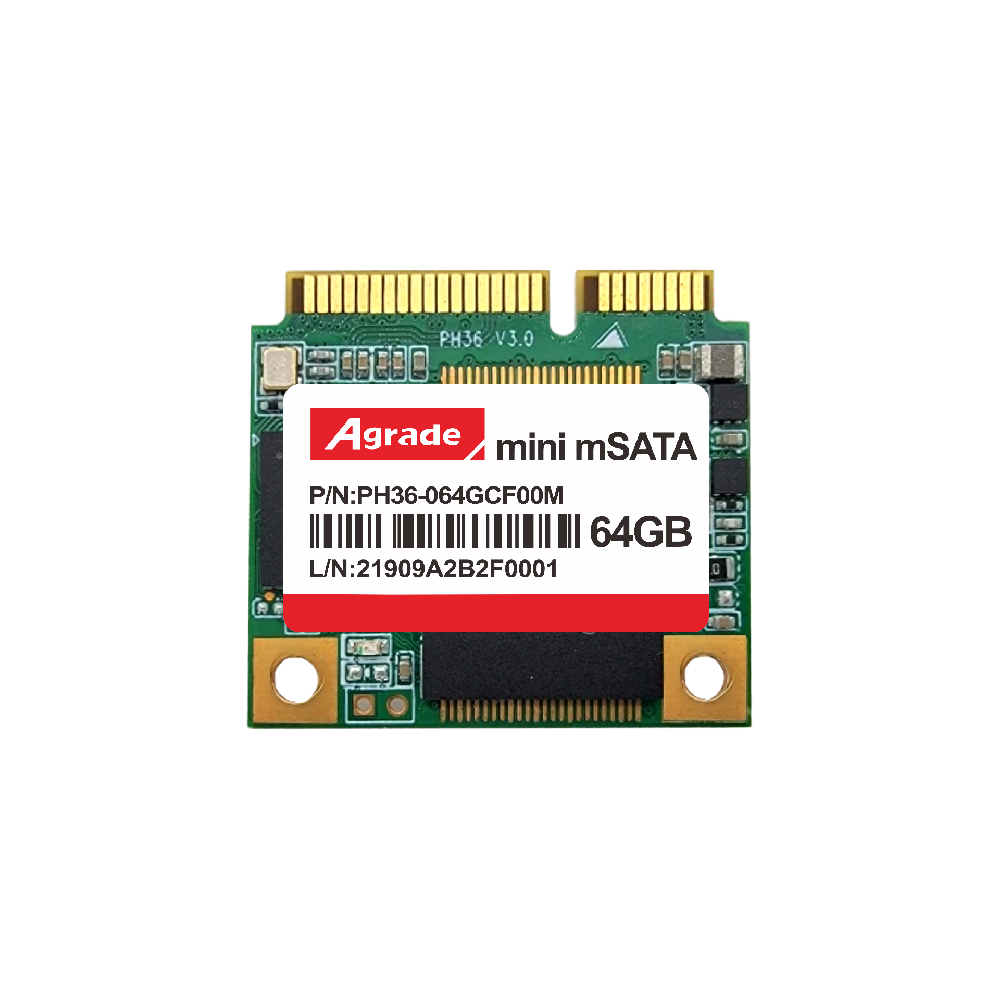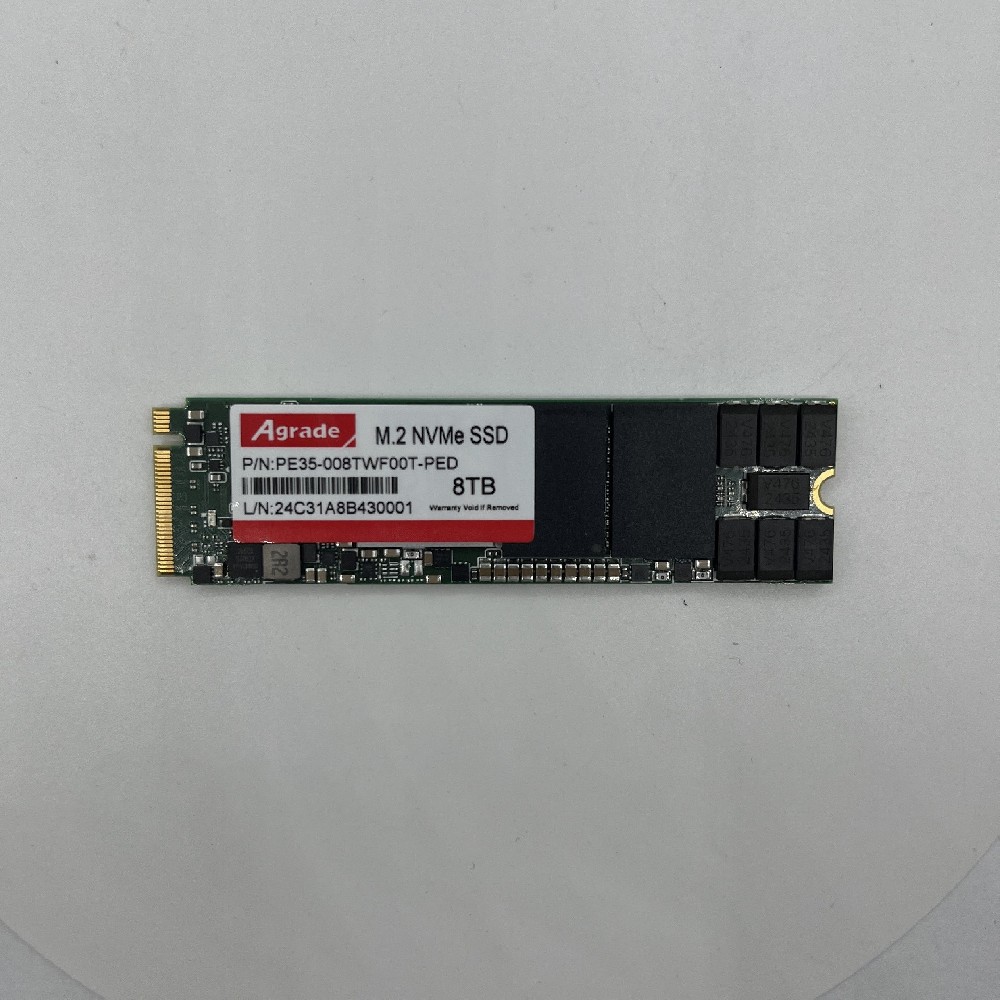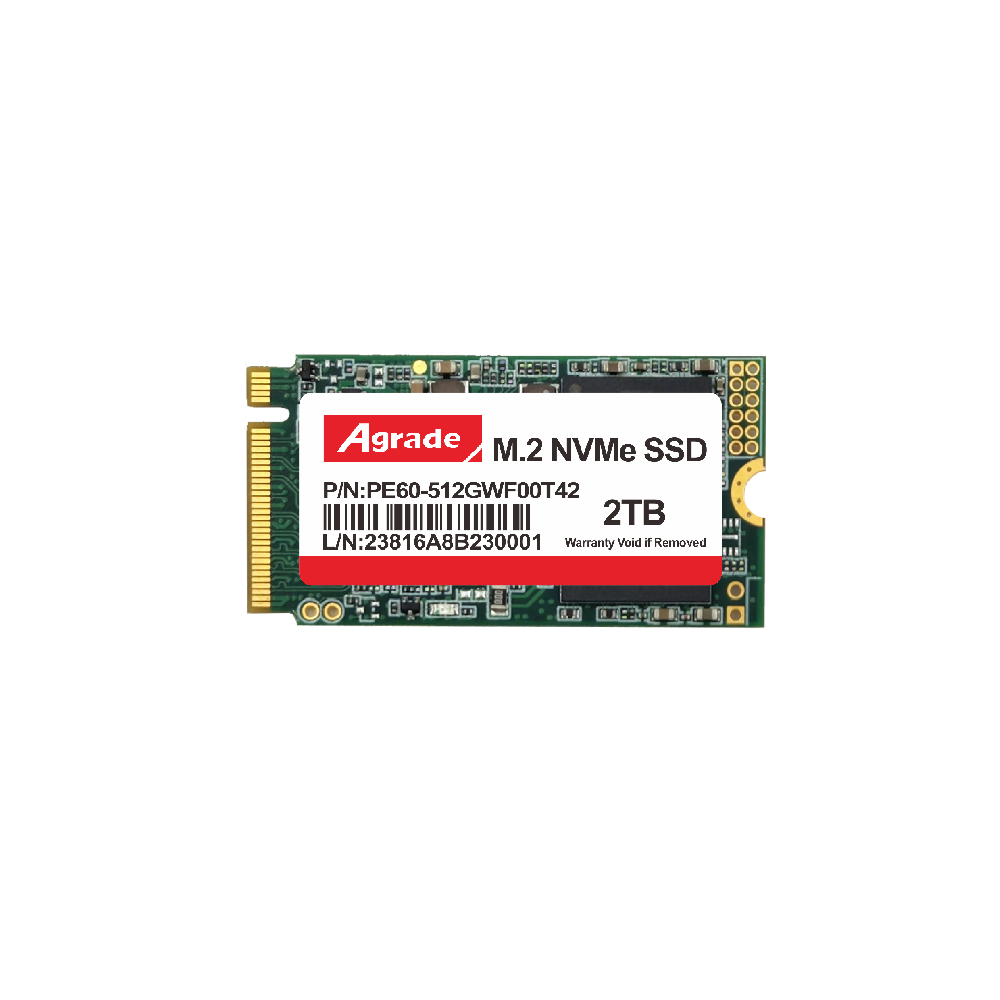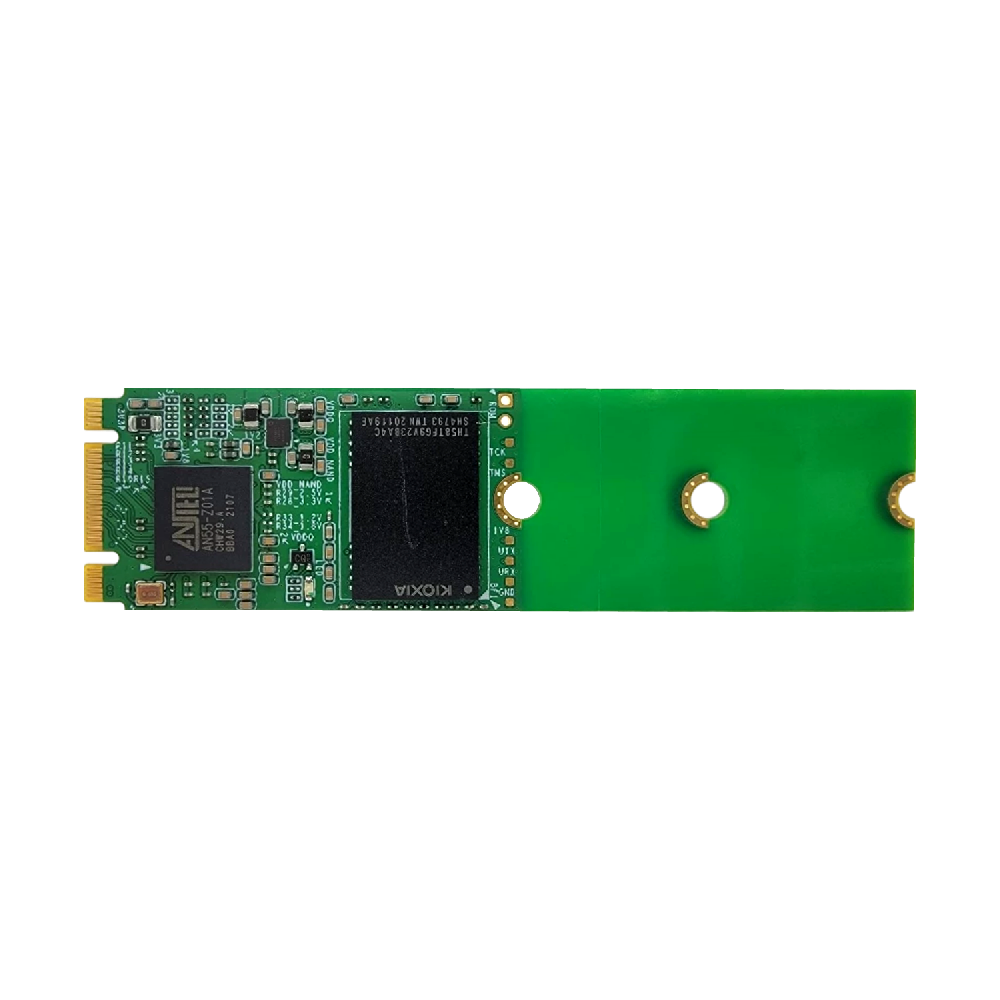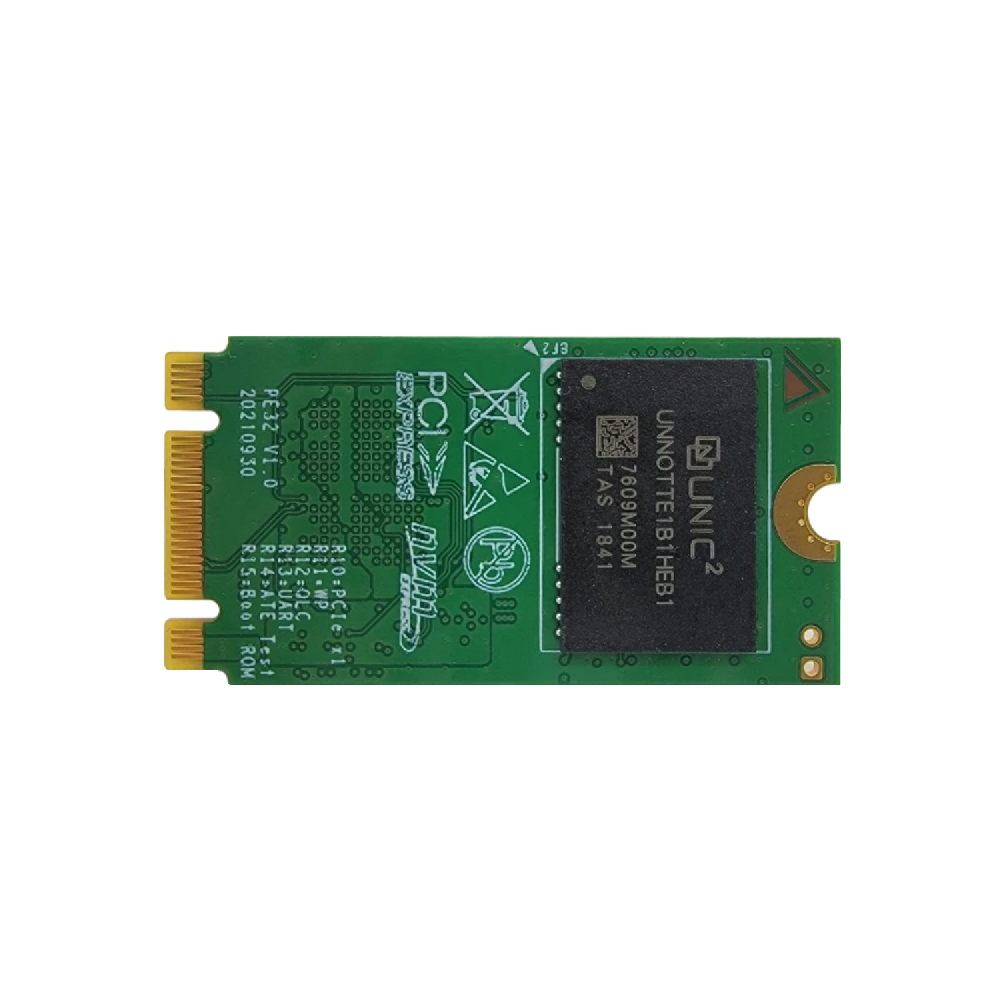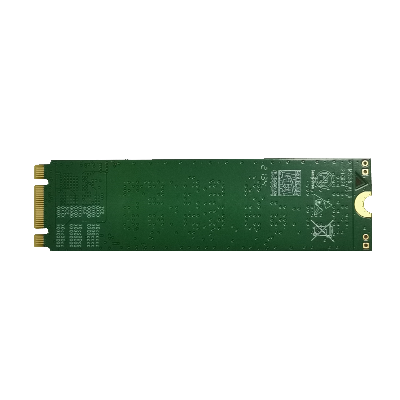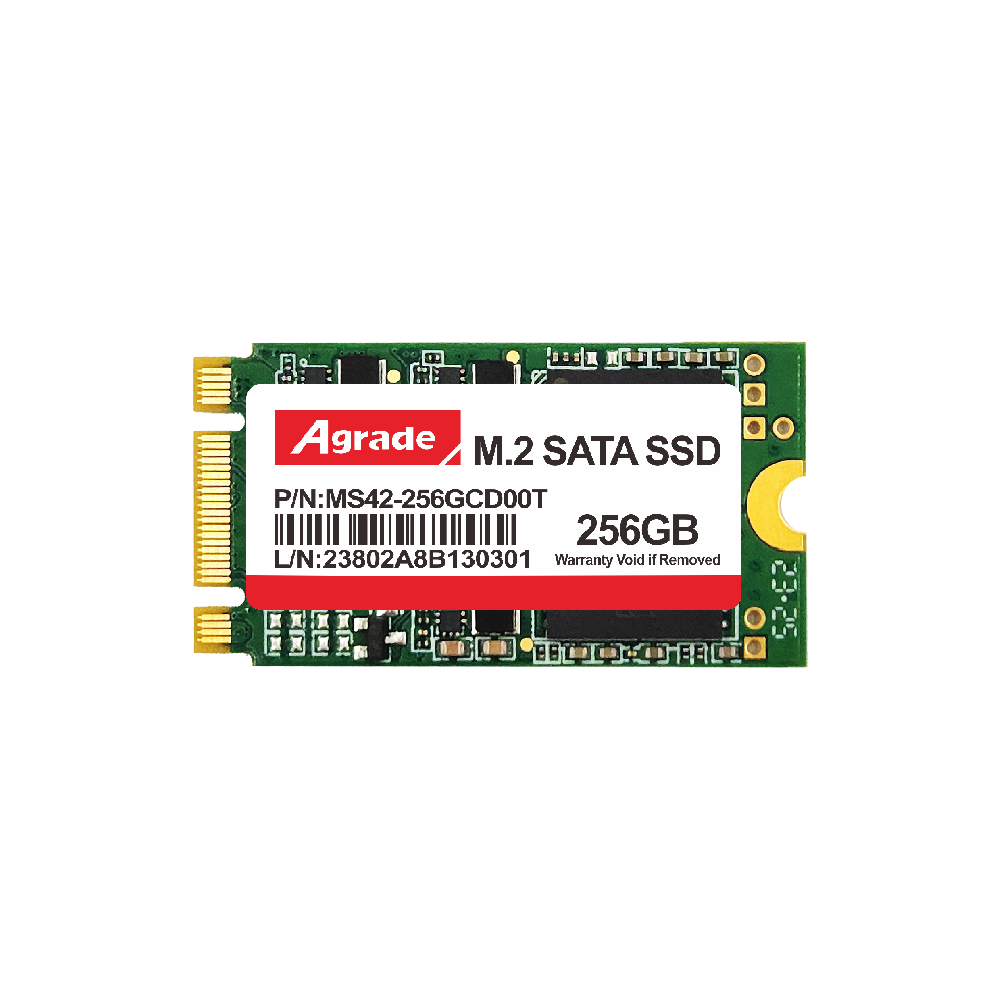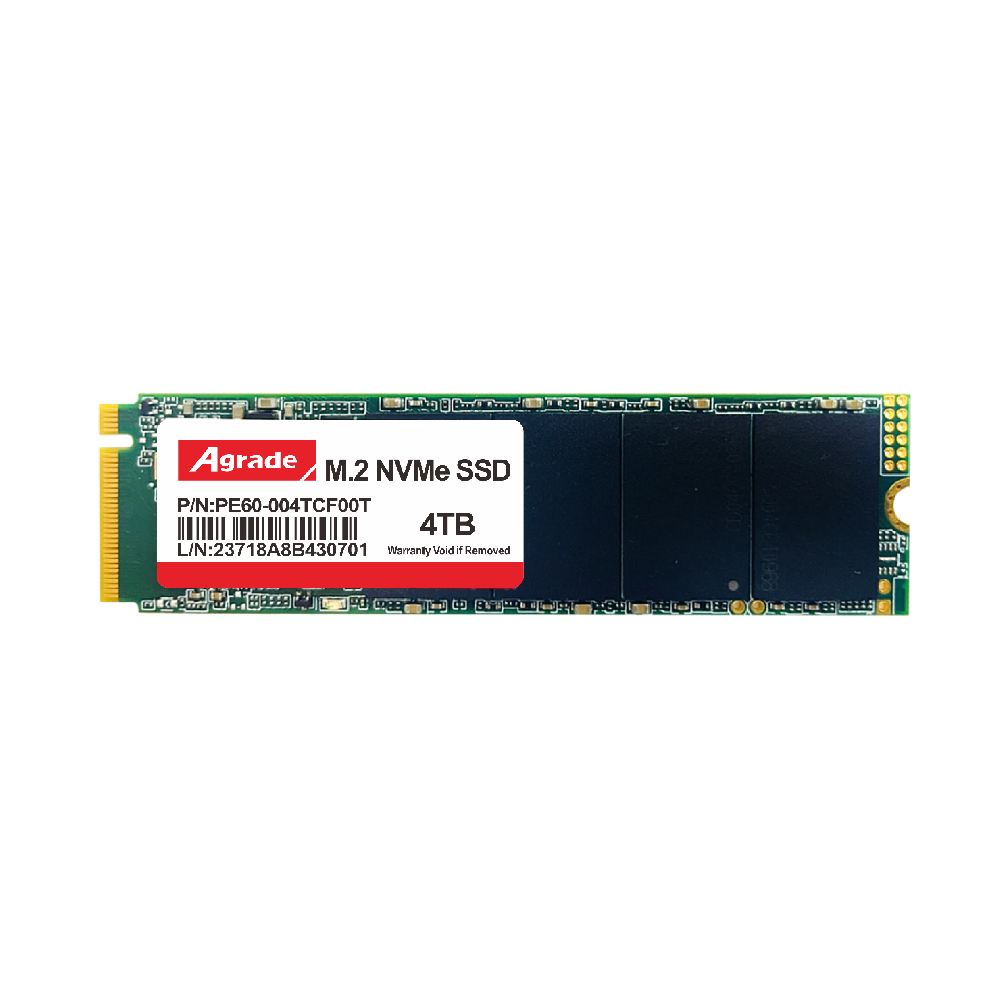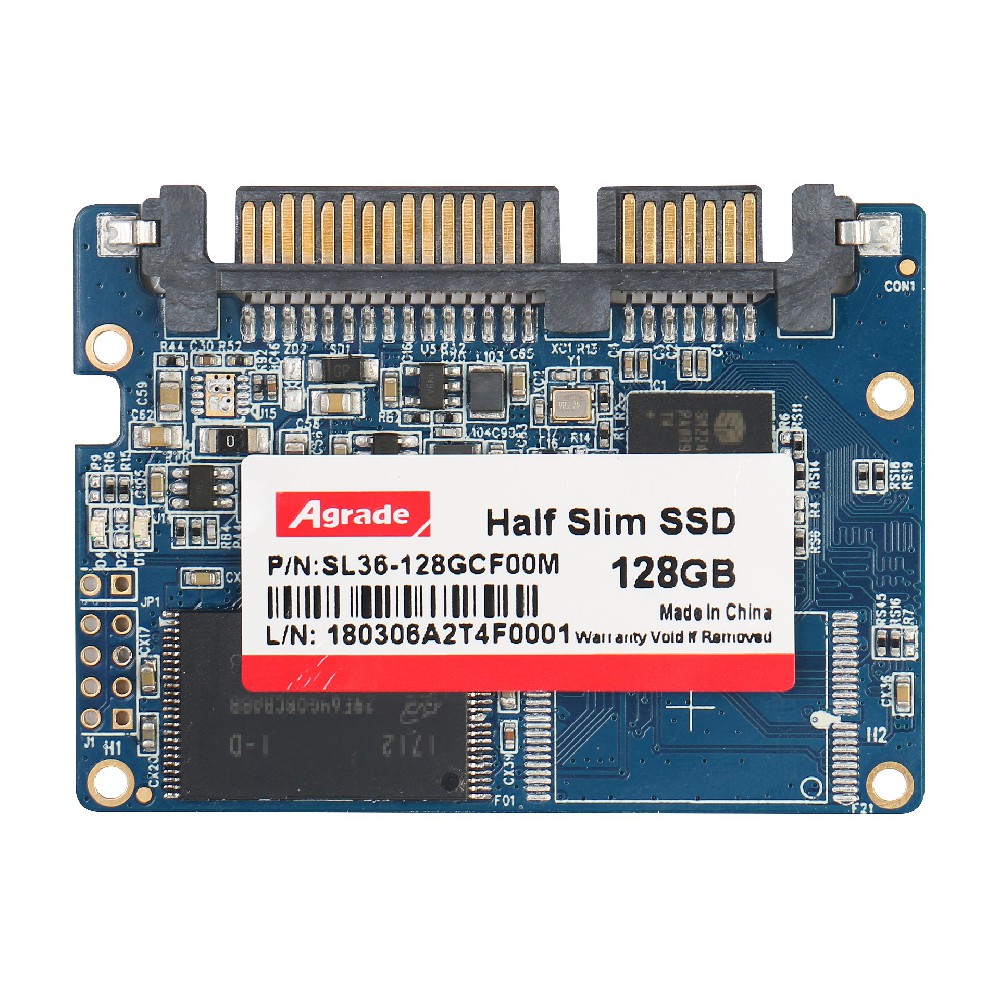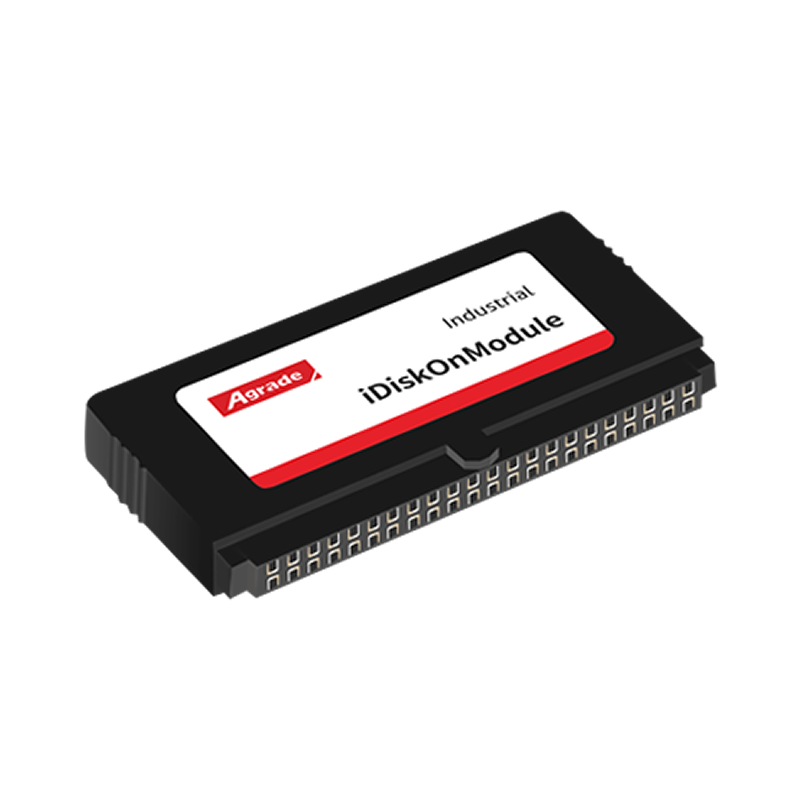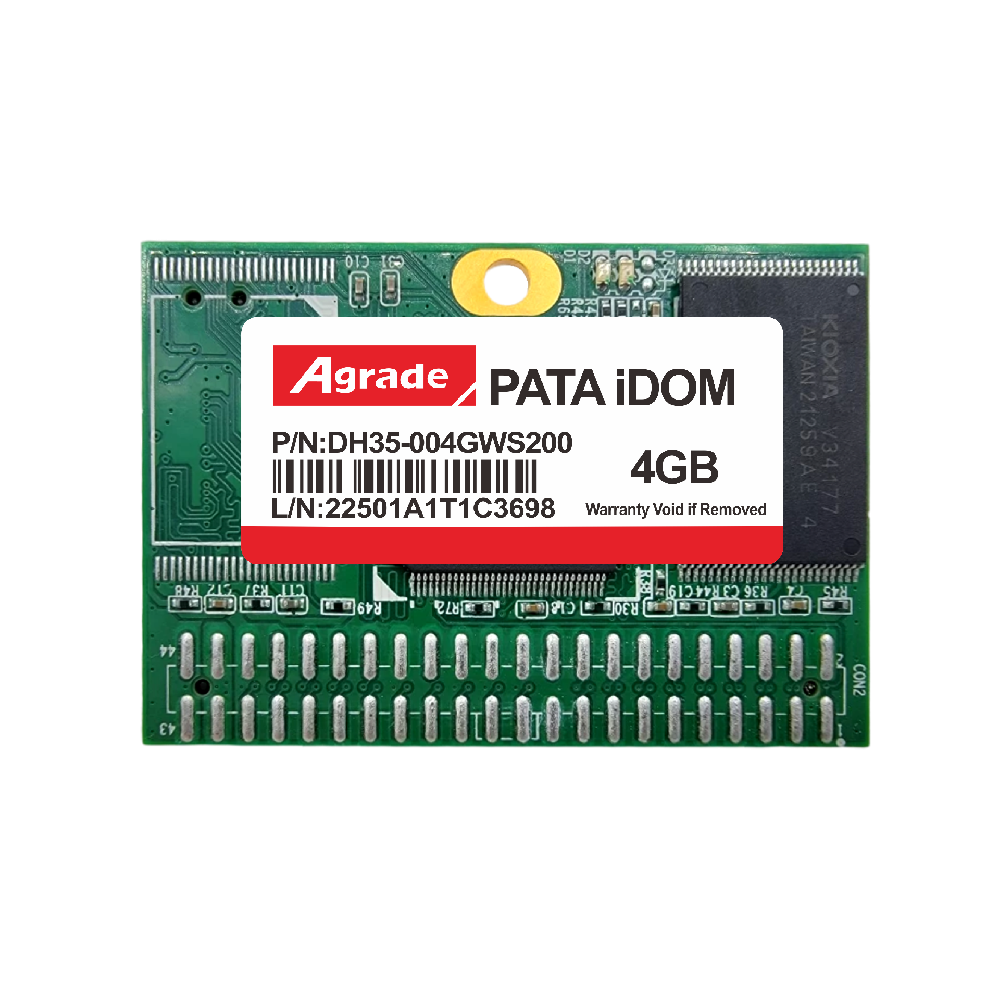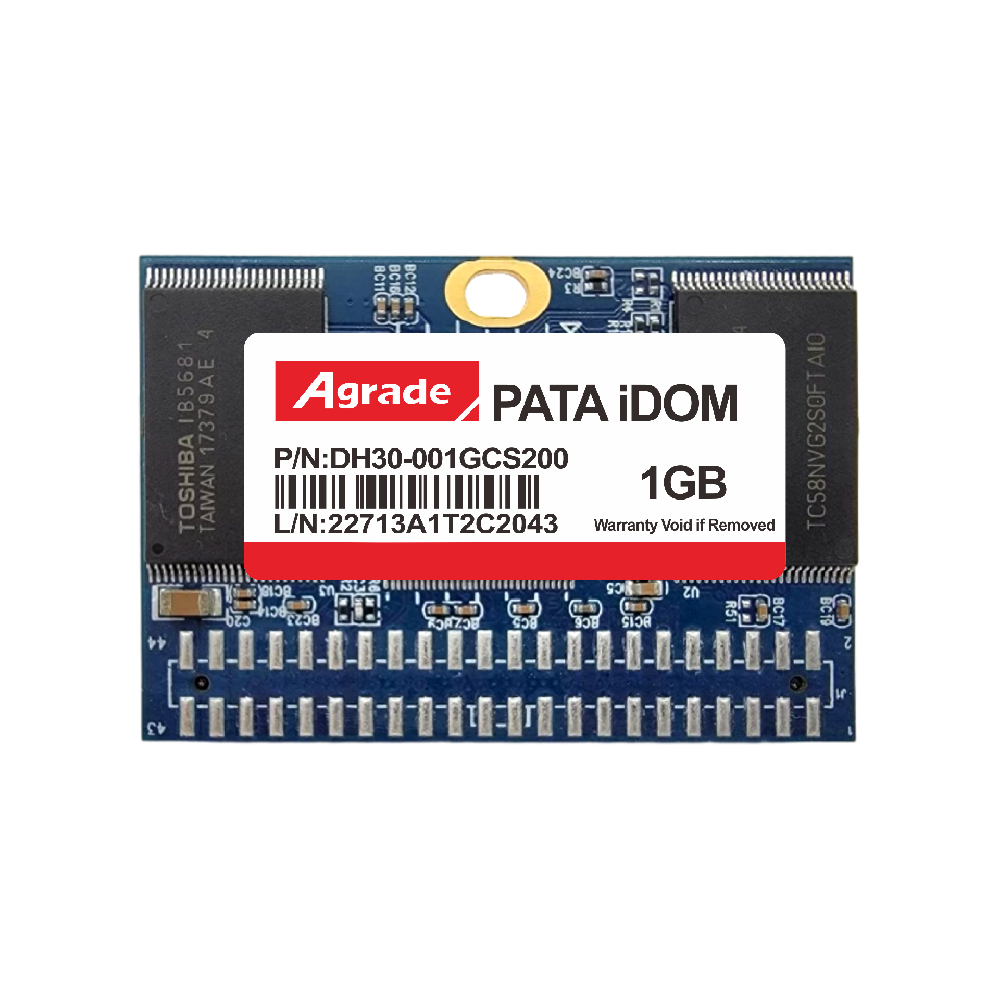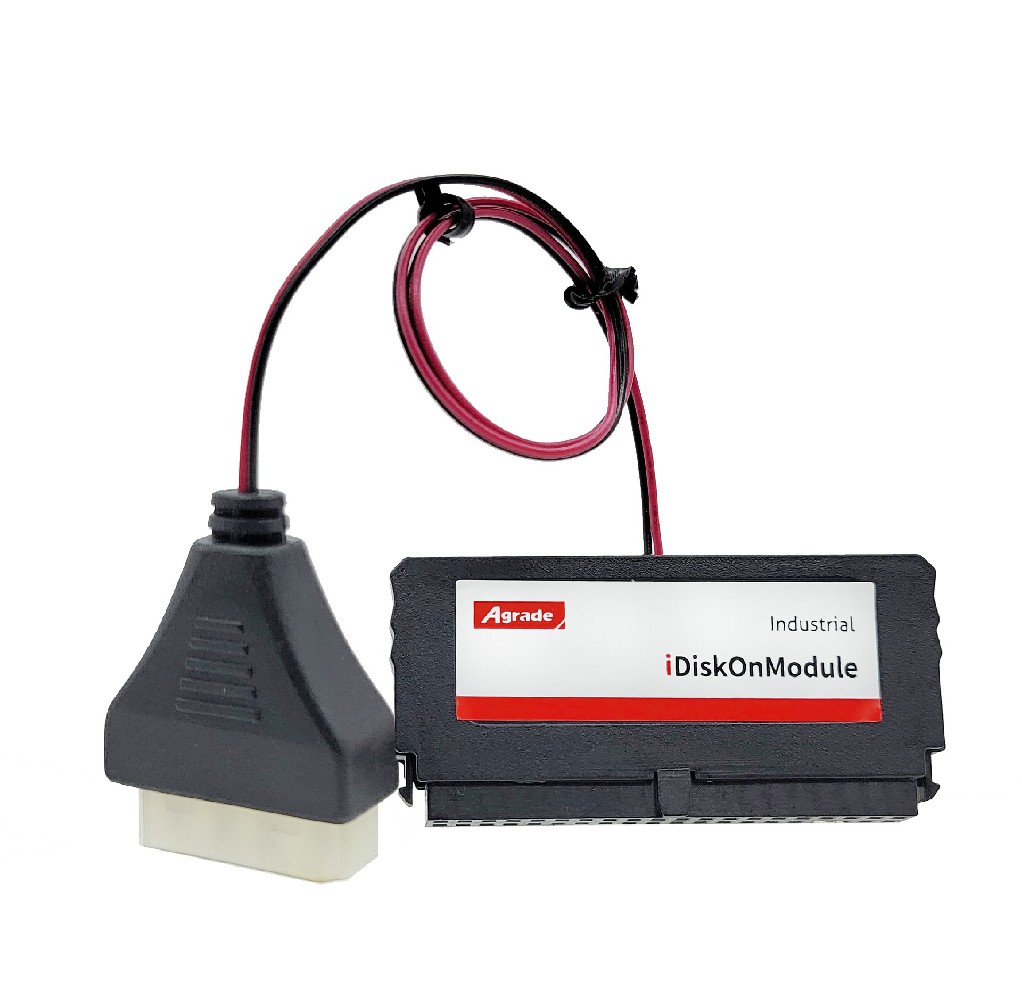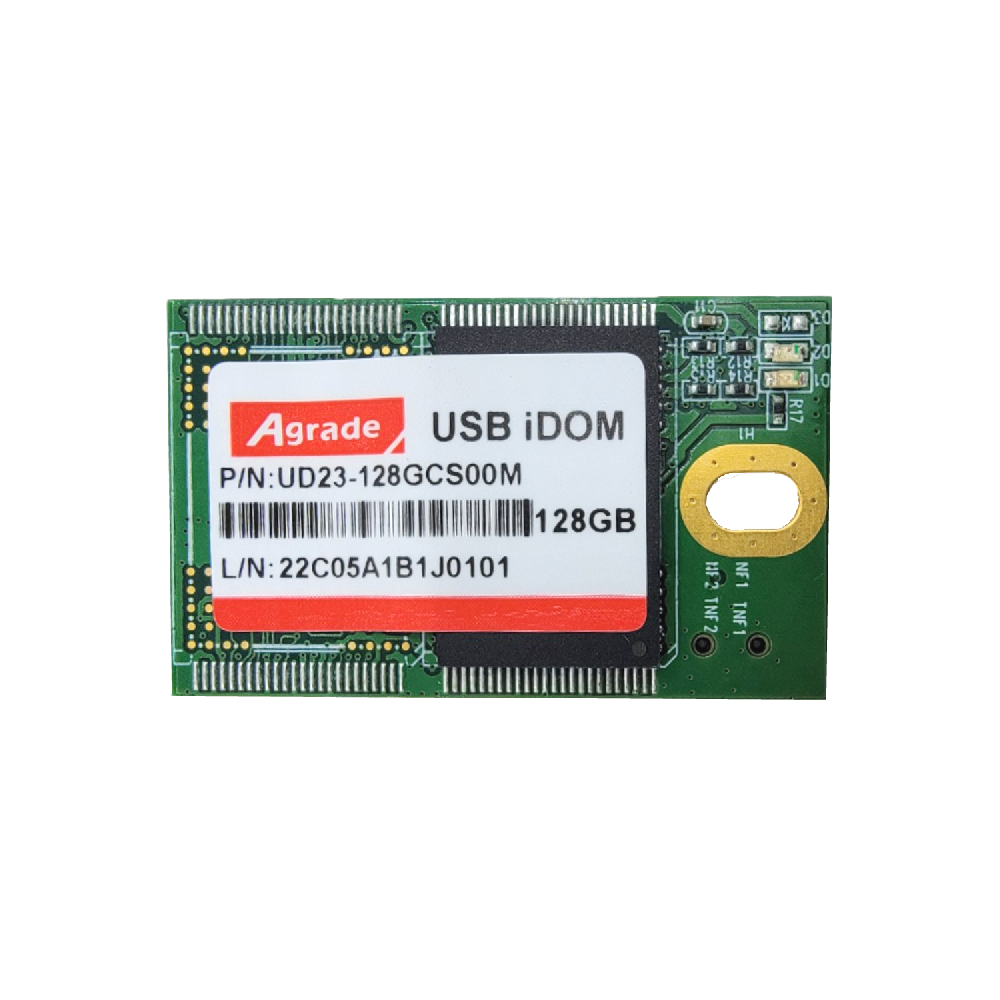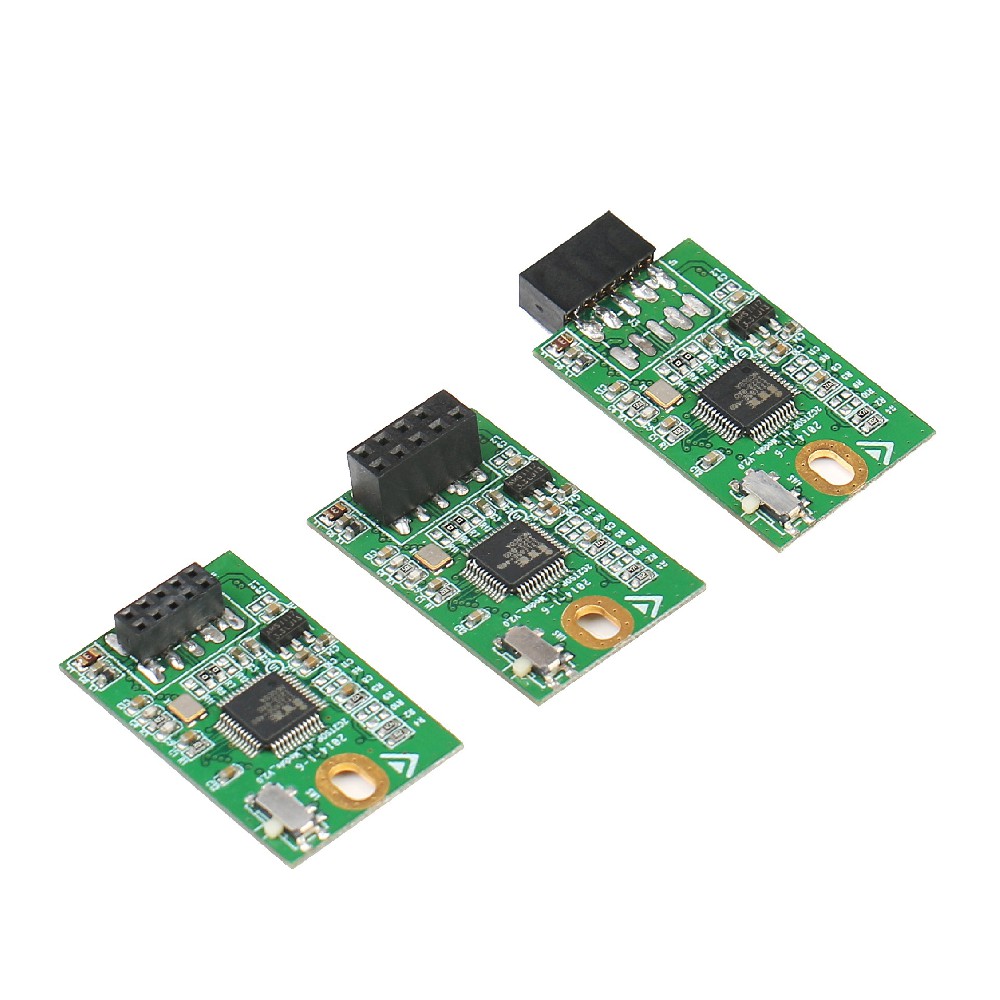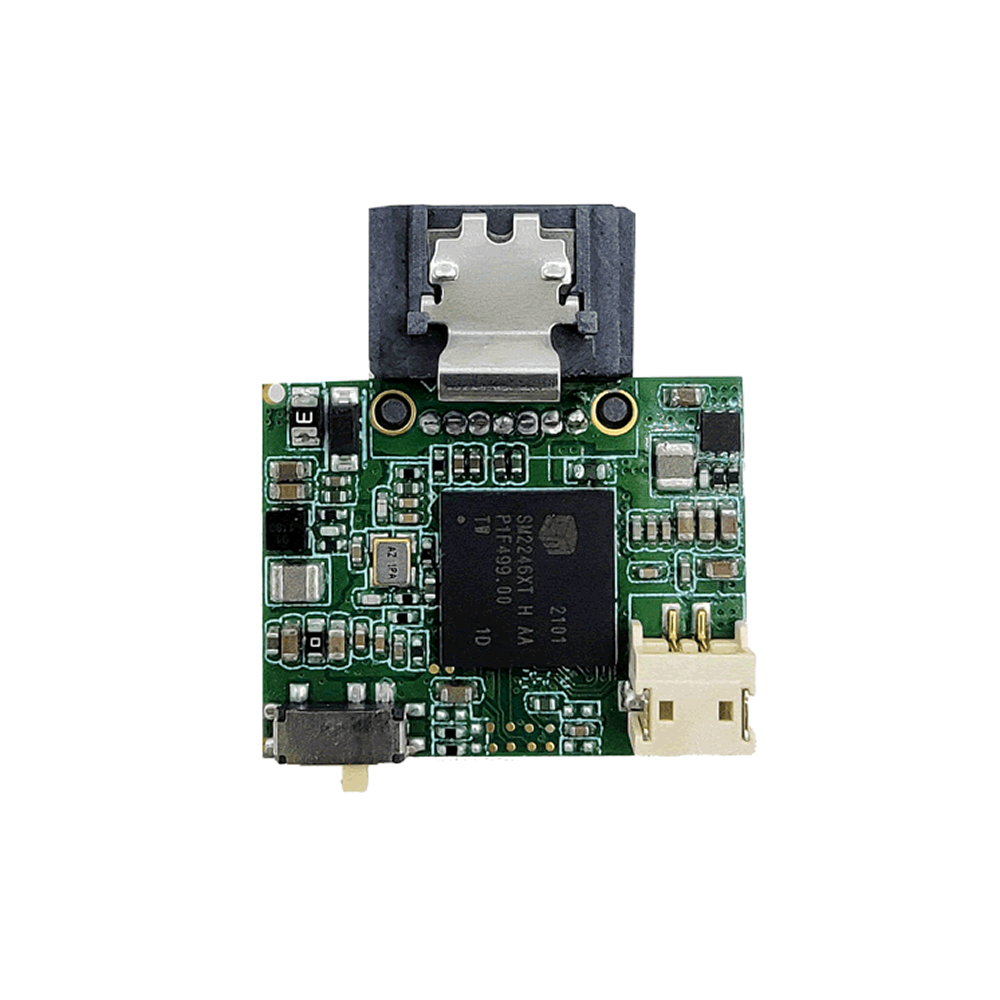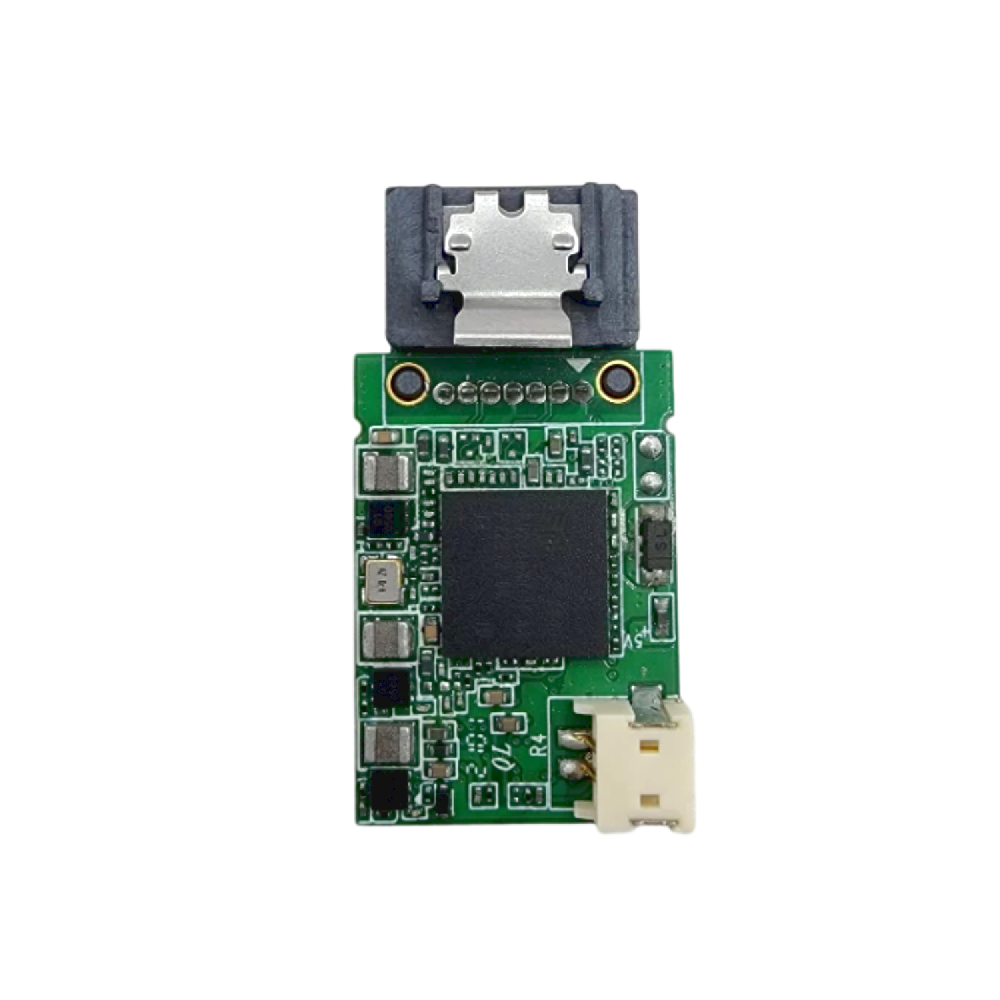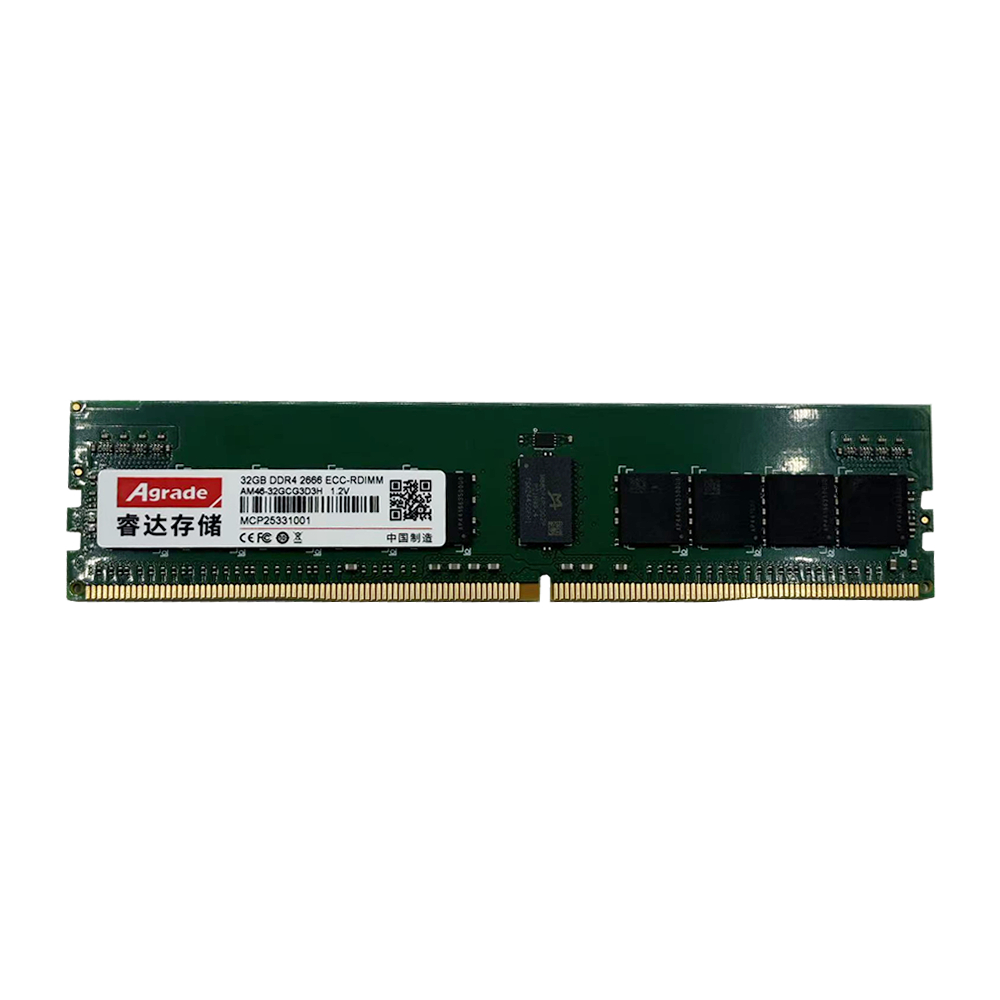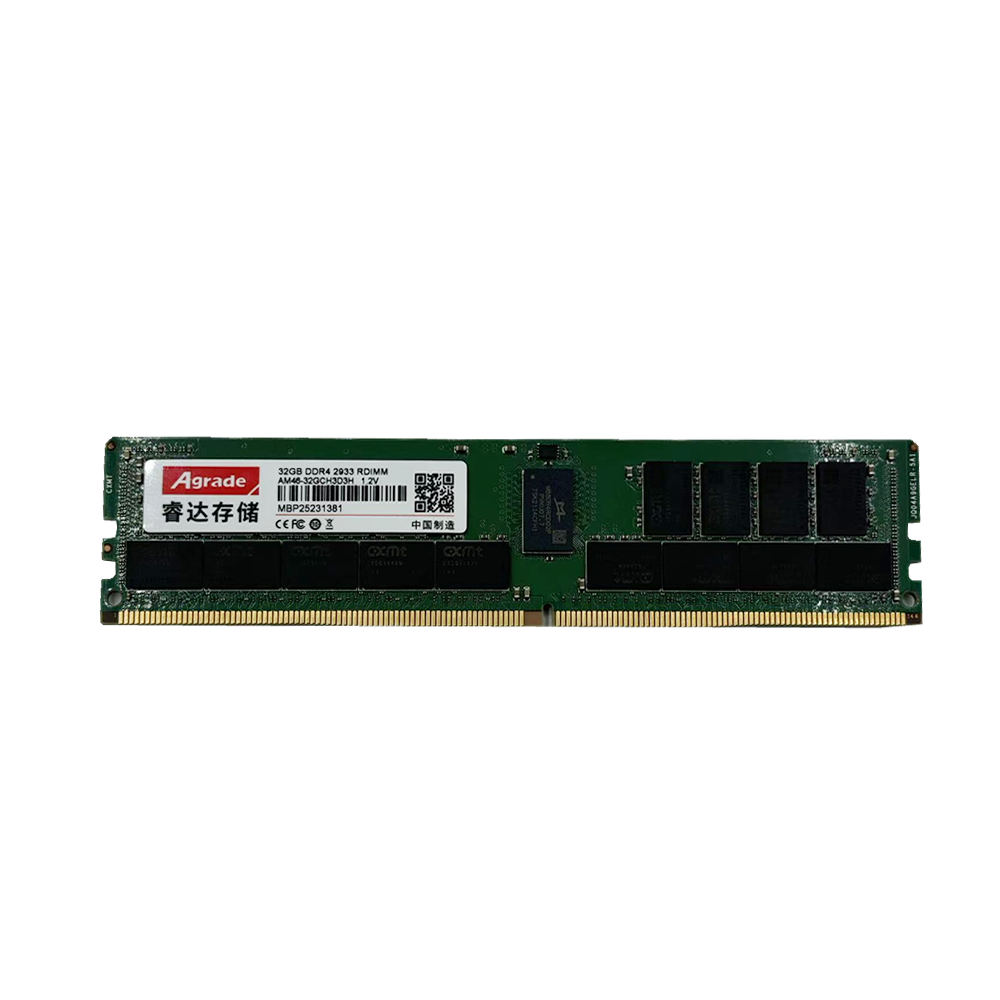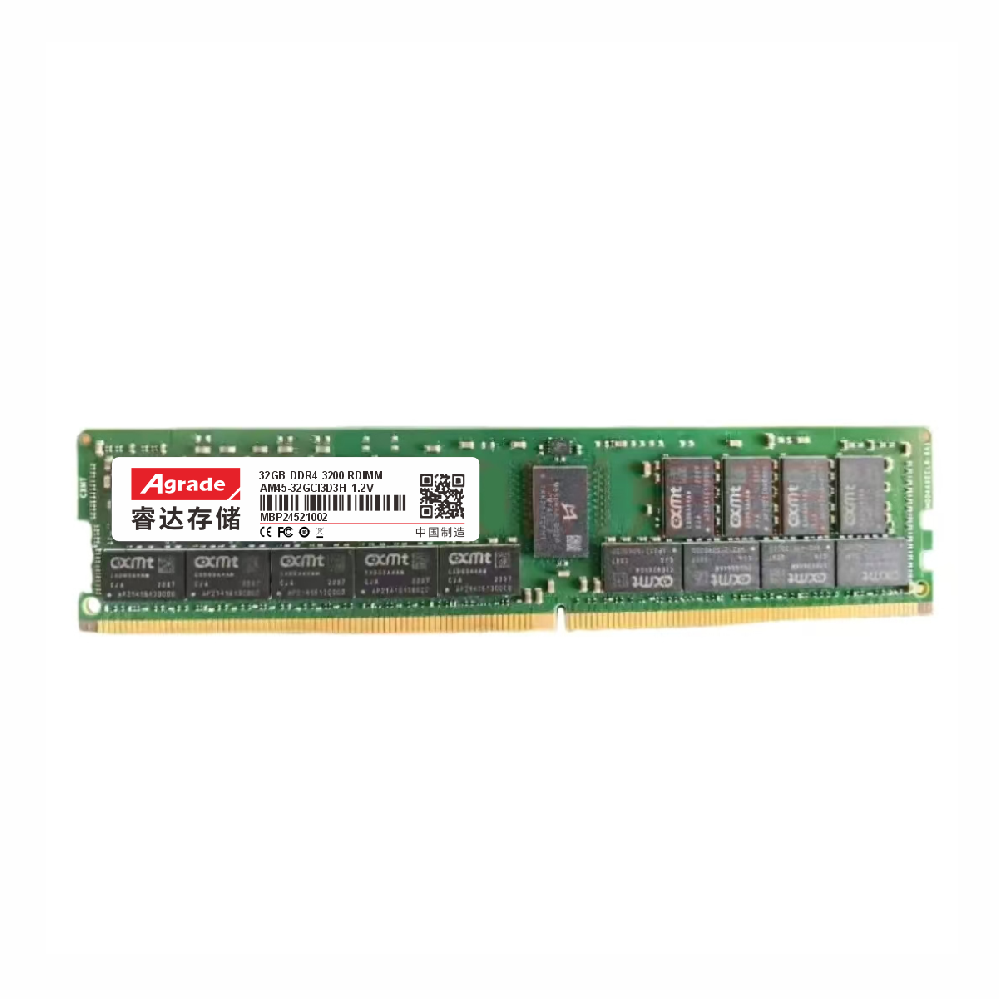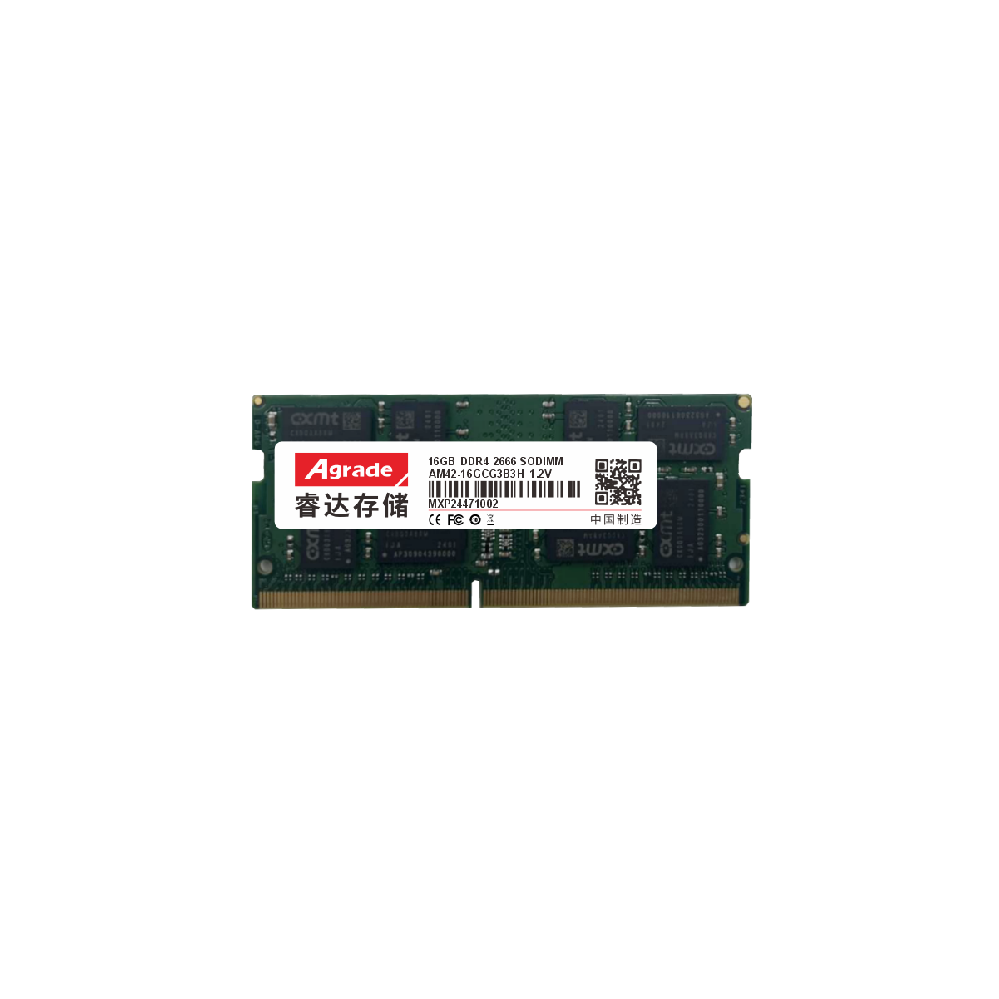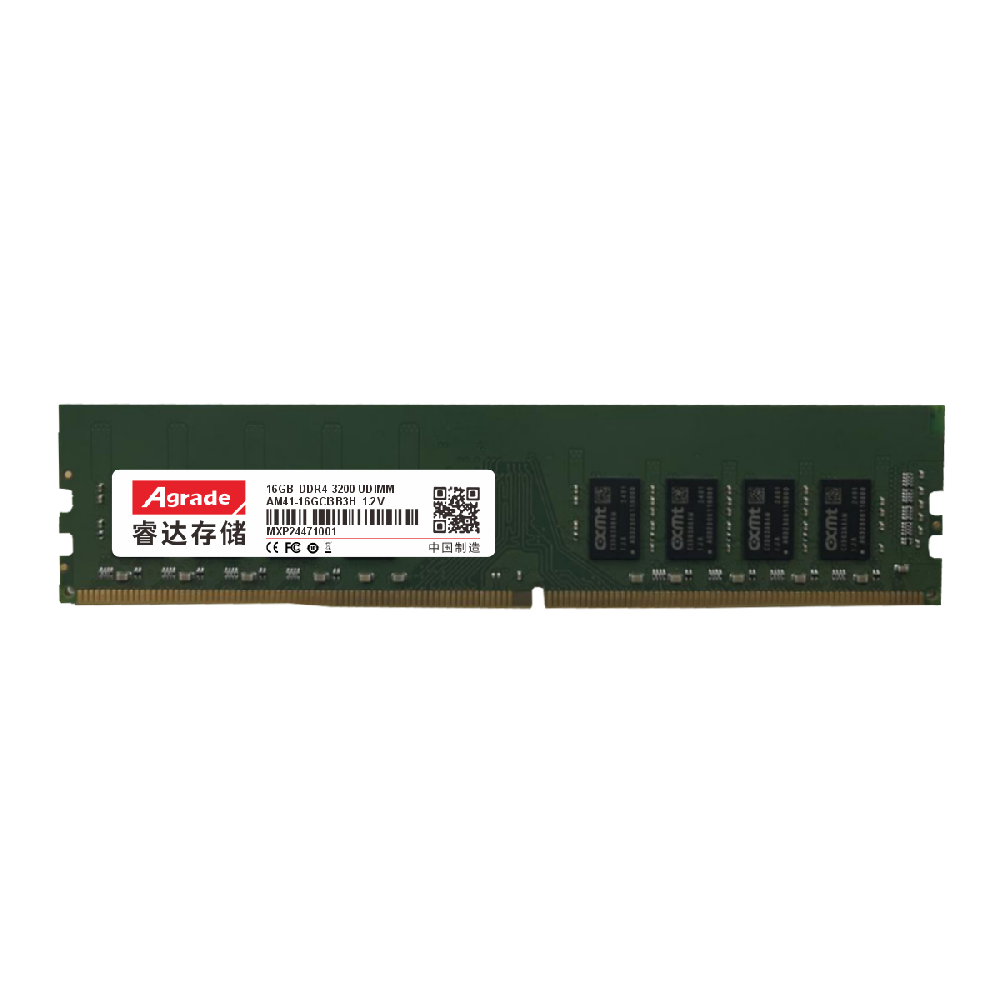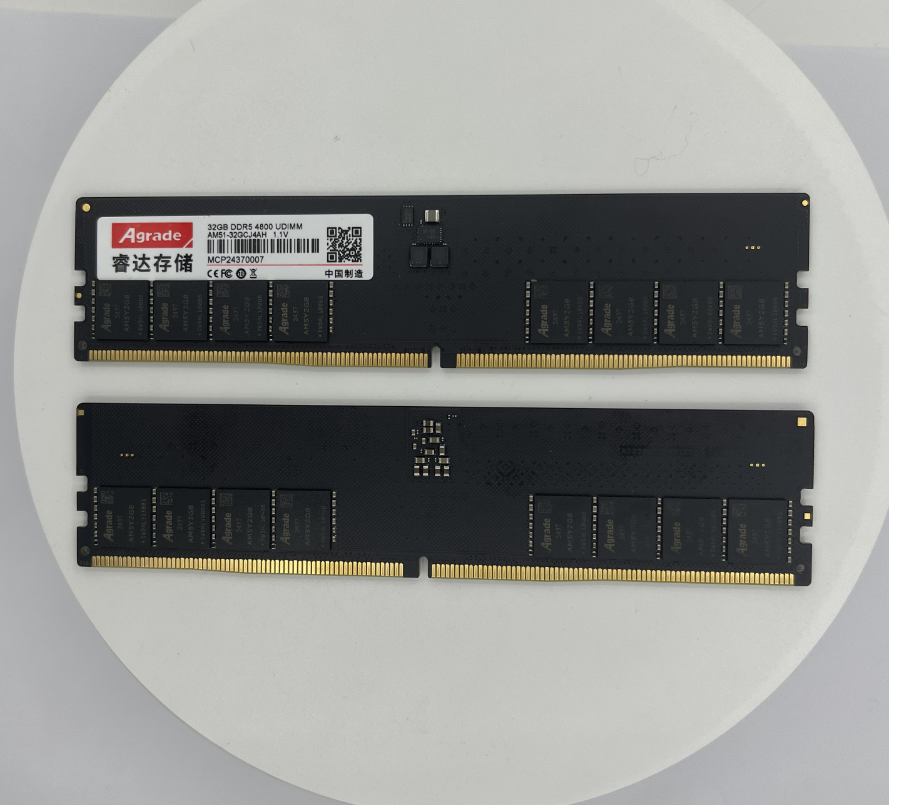

News
 电商部
电商部  2025-10-20 18:16:30
2025-10-20 18:16:30 How to effectively extend the lifespan of a solid-state drive?
Solid state drives (SSDs) have become the mainstream choice for modern computer storage systems due to their excellent performance and stability. However, like any electronic device, solid-state drives also have their lifespan. In order to maximize its performance and extend its usage time, we need to take a series of effective measures.
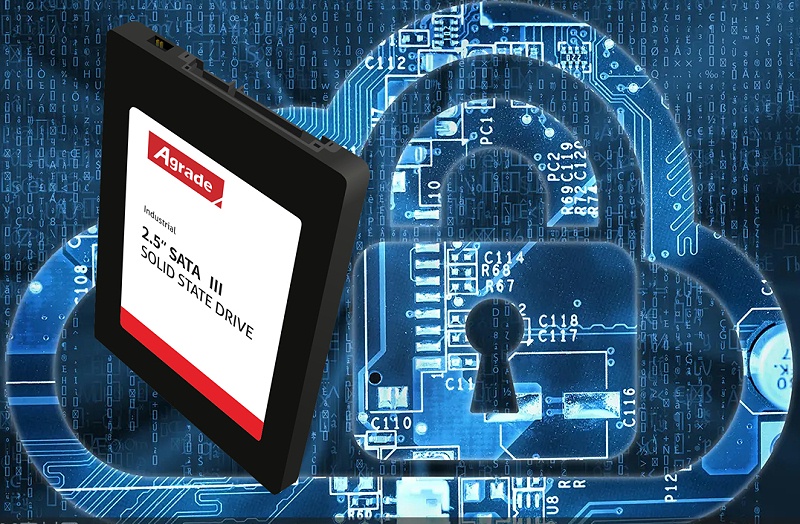
Firstly, reasonable management of storage space is crucial. The lifespan of a solid-state drive is closely related to the amount of data it writes, and frequent writing and deleting of data can accelerate its wear and tear. Therefore, it is recommended that users regularly clean up unnecessary files and applications to free up storage space. At the same time, avoiding filling the solid-state drive to its limit and maintaining a certain amount of free space can help reduce write operations and extend its lifespan.
Secondly, optimizing system configuration and application settings is also an important means to extend the usage time of solid-state drives. Close unnecessary background programs and services to reduce the system's read and write requirements for solid-state drives. In addition, regularly update the operating system and drivers to ensure that solid-state drives are compatible with the latest technologies and security patches, thereby maintaining optimal performance.
At the hardware level, choosing high-quality solid-state drives and cooling systems is equally important. High quality solid-state drives typically use more advanced flash memory chips and controller technology, with higher durability and stability. A good heat dissipation system can effectively reduce the operating temperature of solid-state drives, reduce performance degradation and lifespan caused by overheating.
In addition, avoiding frequent and sudden power outages is also an important measure to protect solid-state drives. Sudden power outage may cause data loss or damage inside the solid-state drive, thereby affecting its performance and lifespan. Therefore, it is recommended that users ensure a stable and reliable power supply when using solid-state drives.
Finally, regularly backing up data is an essential part of extending the lifespan of solid-state drives. Although solid-state drives have high data security, any storage device carries potential risks. Regularly backing up data can ensure the rapid recovery of important information and reduce losses in the event of a solid-state drive failure.
In summary, by managing storage space reasonably, optimizing system configuration, selecting high-quality hardware, avoiding frequent power outages, and regularly backing up data, we can effectively extend the usage time of solid-state drives, ensuring their continuous provision of excellent performance and stability.







